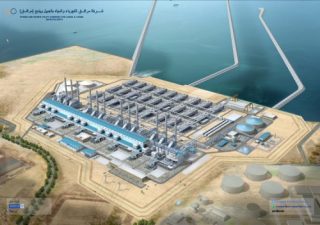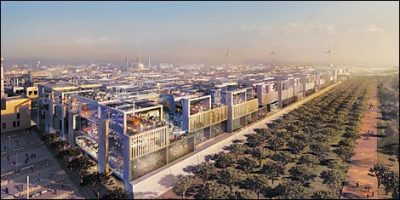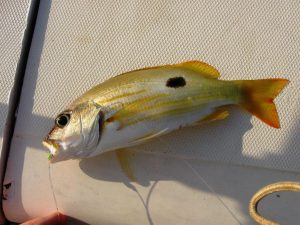[youtube]http://www.youtube.com/watch?v=xc-KLWyxSCc[/youtube]
For the first time, the Gulf Kingdom of Bahrain is participating at the La Biennale International Architecture Exhibition in Venice. But theirs is an unusual approach. In accord with this year’s theme – to experience rather than merely observe architecture – Bahrain’s National Pavilion comprises a multidimensional, sensory depiction of an earlier, more integrated, and slower Bahrain.
The exhibition, which has leaned on a slew of top-notch architects, organizers, photographers, and researchers to render its urbane greatness, was commissioned by Bahrain’s first female Minister of Culture, Sheikha Mai. A visionary beyond compare, Sheikha Mai is the driving force behind many of Bahrain’s preservation projects. This latest effort captures the magnificent essence of Bahrain’s illustrious coastal history, a legacy she hopes to Reclaim as stakeholders decide the Kingdom’s future.
The oil shift
Before skyscrapers and fancy restaurants, the coast played host, in a very symbiotic sense, to the pearl divers and fishermen who relied on the Gulf’s opulent offerings. But that simpler dynamic has shifted since oil was discovered here in 1932. It is this shift that the lapa studio at the Ecole Polytechnique Federale de Lausanne and the University of Bahrain Architecture Faculty wanted to depict.
The exhibit’s core consists of three fishermen huts that were deconstructed in Bahrain and reconstructed at the National Pavilion. By installing them completely out of the context of their original environment, designers sought to establish a tangible experience of Bahrains’ wider disconnection from their Gulf.
By articulating this disconnect, the exhibition seems to cry out for a solution best described in the exhibition statement:
“This architecture without architects, through the immediacy of its architectural form, speaks of the quest for a more direct relation to the sea.”
Disjointed in the new Bahrain
To enhance the initial disjoint created by the disjointed huts, both a photographic and video exhibit that portrays the changing ecological and human landscape are on display. Called Coastal Promenade, the still portfolio produced by Lebanese photographer Camille Zakharia – similarly displaced having traveled from Lebanon to Canada and beyond – gives life to the both the negative and positive effects of land reclamation.
The Sea Interviews directed by Mohammed Rashid Bu Ali – a Bahraini movie producer and director – “dwell on the relations Bahrainis entertain with the sea, their personal account of the changes that have altered their access to it, and their thoughts and aspirations to how matters could be improved.”
The National Pavilion’s curators are Noura Al-sayeh and Dr. Fuad Al-Ansari, both architecture practitioners and teachers in Bahrain, and the 12th annual exhibition will close 21 November, 2010.
Excerpt from Sea Interviews (Location Dohat Arad):
“We’ve been with the sea since we were born. But with every reclamation process that happens we sail further and deeper. It’s been almost 3–4 years for us here in this spot. — The sea is my life. I find
comfort by the sea. No matter how stressed I am or what problems I’m facing in life, they all fade away when I come to the sea. It’s also a source of income. — Life is much different now because all this
reclamation is killing the sea. Plus overfishing further increases the problem. To top that there’s no authority to stop this from happening…”
:: For more information and to view images, please visit Reclaim
More on Bahrain’s ecological and historical legacy:
Dumping by Construction Crews Killing Bahrain Coral
Durrat Al Bahrain Artificial Islands – “A Place Like No Other”
Made-At-Home Cottage Industry Booming in Island Kingdom of Bahrain



